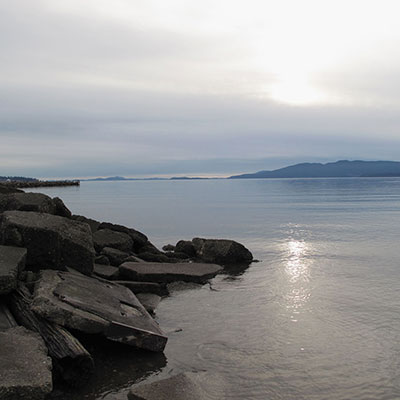Description
 This course explores considerations related to Indigenous Peoples, history, educational policy, and digital technology. Indigenous Peoples have been uniquely positioned to both challenge technology and to utilize it for their own purposes of identity, expression and political mobilization. This course raises questions about the dilemmas of cultural expression in a postmodern digital age while surveying themes of online learning technologies and media production to reinvigorate languages, oral traditions, and knowledge systems.
This course explores considerations related to Indigenous Peoples, history, educational policy, and digital technology. Indigenous Peoples have been uniquely positioned to both challenge technology and to utilize it for their own purposes of identity, expression and political mobilization. This course raises questions about the dilemmas of cultural expression in a postmodern digital age while surveying themes of online learning technologies and media production to reinvigorate languages, oral traditions, and knowledge systems.
Both theoretical and practical issues will be discussed related to the protection of intellectual and cultural property, Indigenous epistemology, and the dilemmas of “place based” education in a placeless online condition. Students will develop a critical vocabulary on cultural responsiveness related to ways of knowing.
This course focuses on how place and landscape provide the epistemological framework for pedagogy, curriculum, and the challenges of knowledge production and knowledge protection in the digital age. Extending out in a comparative fashion, examples will be shared from Indigenous Peoples locally, regionally, nationally, and internationally.
This course is designed for learners who desire an understanding of how Indigenous communities have used media and digital technology to advance traditional knowledge and self-determination. This course familiarizes you with a basic critical vocabulary related to decolonizing education and Indigenous renewal and resurgence in educational spaces. Discussions regarding respectful research protocols will be an underlying theme of ETEC 521.
Learning Objectives
In ETEC 521 you will:
- Gain insights into the history of the ways Indigenous Peoples and communities have been both impacted by colonialism and how technology has been utilized to reclaim cultural space.
- Recognize stereotypes and generalizations of Indigenous Peoples and advance a critical understanding of how decolonization is being enacted by self-determining Indigenous Peoples and communities.
- Advance their ability to participate in discussions related to the development of technology-based learning that incorporates appropriate Indigenous values and goals.
- Develop an understanding of the ways that oral tradition and Indigenous knowledges are interconnected while critically evaluating the nature of technology as a contemporary expression of visual literacy and orality. Students will assess the prospects of technological transmission of Indigeneity through the internet, digital technology, and media.
- Demonstrate the ability to include relevant literature on Indigenous knowledge and values in project-based assignments related to technology and media.
Readings & Resources
All readings are accessible via the UBC Library Course Reserve or provided within the Canvas course site itself. Many of the resources selected include publications and presentations featuring Indigenous scholars, community members, and educational leaders who are recognized in Indigenous education.
Example course resources
- Duarte, M. (2017). Network sovereignty: Building the Internet across Indian country. University of Washington Press
- Galla, C. K. (2016). Indigenous language revitalization, promotion, and education: Function of digital technology. Computer Assisted Language Learning, 29(7), 1137-1151.
- Global Indigenous Data Alliance (GIDA) (n.d). Global Indigenous Data Alliance (GIDA).
- Lewis, J.E., Arista, N., Pechawis, A., & Kite, S. (2018, July 16). Making kin with the machines. Journal of Design and Science.
- Todd, L. (1996). Aboriginal narratives in cyberspace. In M.A. Moser & D. MacLeod (Eds.), Immersed in technology: Art and virtual environments (pp. 179-194). MIT Press.
Assignments & Assessment
- Engagement & participation in asynchronous presentations (10%)
- Individual introduction (5%)
- Quote analysis (15%)
- Mini-project (45%)
This Mini-Project (three parts)will compare two AI tools along with its response/output related to Indigeneity, technology, and education, course modules and themes.
- Critical reflection (25%)
Based on the modules, readings, resources, asynchronous discussions and mini-project, you are asked to provide a critical reflection on your learning while considering the following:- important insights that you have gained about the intersections of Indigeneity, technology, and education;
- critical and decolonial insights that you have gained about the aims, purposes or configurations of decolonial education in relation to technology; and
- the ways that these understandings will and/or have advanced your views about education generally and your own professional leadership and pedagogical practice.
Minor course topic, activity, reading/resource, and assignment details may change from year to year.